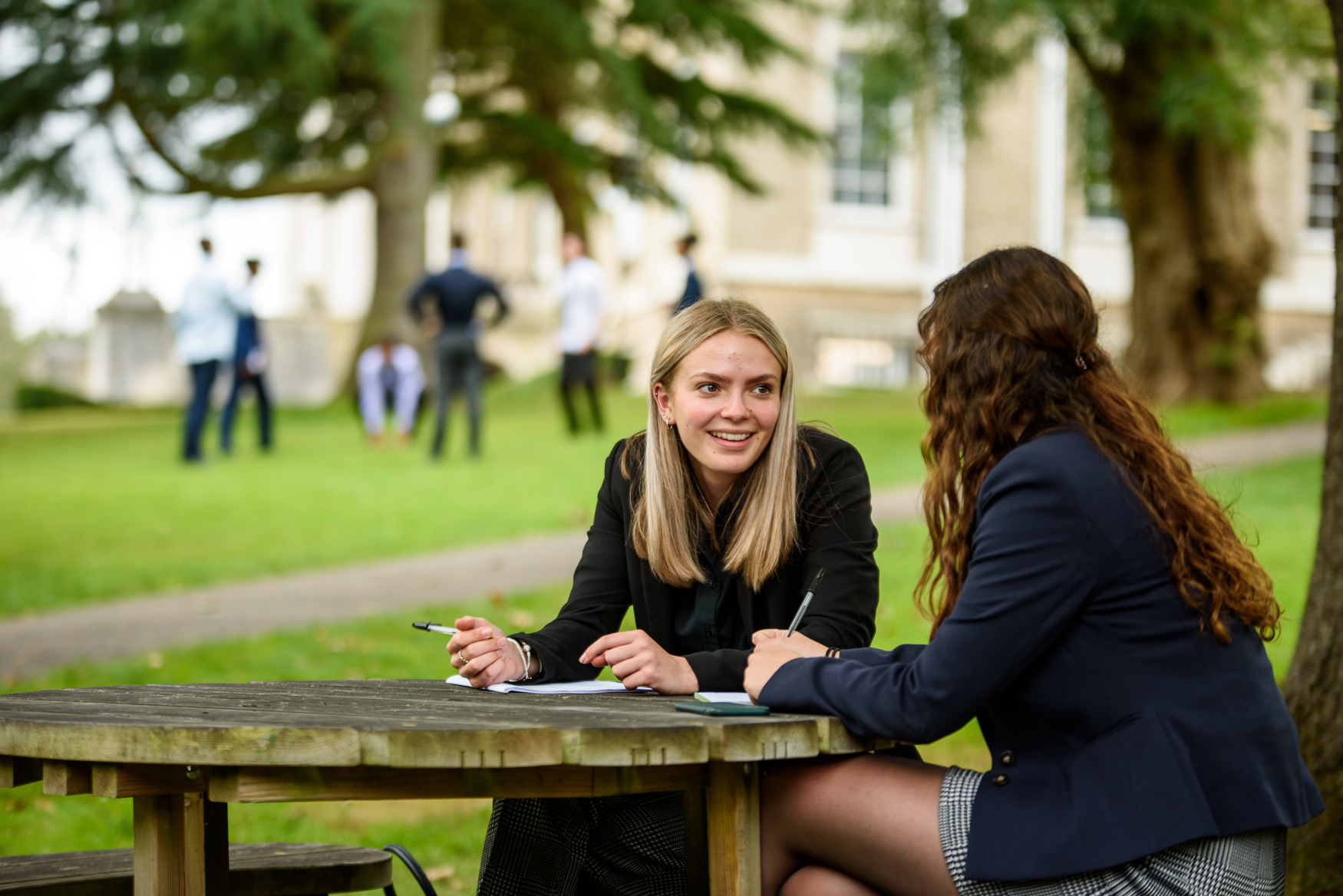As with our approach to learning in the Senior School, we know that a student is more likely to thrive and achieve their best possible outcomes if they study subjects which they enjoy and are fully supported in their choices beyond sixth form.
Choosing subjects to study
We typically advise students to choose three subjects at A level, although a proportion of students will choose an additional fourth subject as well, where appropriate. In terms of subject choice, we suggest students consider the following:
- where are you going to shine? It’s the quality of the results that count
- build on your existing potential. Your subjects should reflect your personal strengths and interests
- where do you want to be in two years? Think ahead to potential university courses and which subjects will help you reach that goal
Subjects are studied in much greater depth than at GCSE and students have six or seven periods a week for each subject, with each teaching period lasting 45 minutes. Further specialism can be pursued through extension papers in some subjects or by offering an extended project on a subject of particular interest. In addition to A level studies, all sixth form students attend weekly PSHEE (Personal Social Health and Economic Education) and careers lessons.
Our class sizes vary across different subjects, but are typically much smaller than at GCSE level. This allows our teaching staff to provide individual support whilst ensuring enough students for class debates and group projects.
To see what we offer in more detail, please take a look at the curriculum booklet:
A level curriculum booklet 2023-2025
Independent study
In addition to homework, sixth form students are expected to allocate considerable time to independent study. This is additional time where students gain a deeper understanding of their subjects. This could involve completing past examination questions, making additional notes, extended reading and research, working from a revision guide, or preparing for future lessons.
Students have up to ten periods in school which they can allocate to independent study. Utilising this time wisely often contributes to achieving the higher grades at A level.
One to one study clinics are available for all subjects and students are encouraged to research and complete an EPQ (Extended Project Qualification) in an area of interest of their own choosing, alongside A levels.






